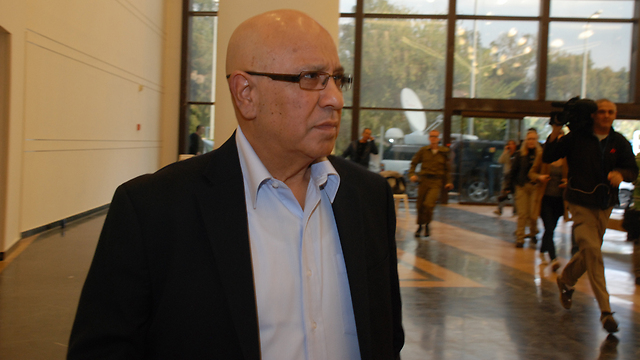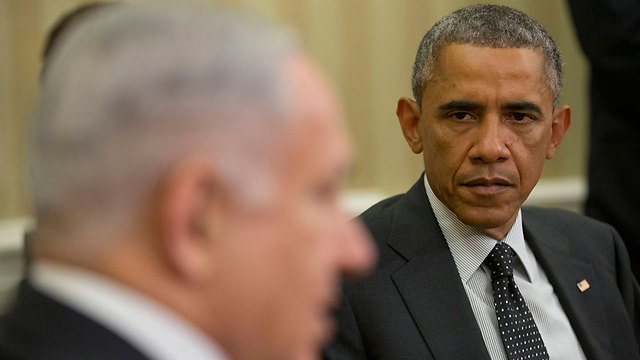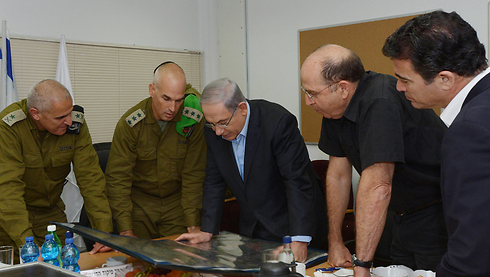The stubborn myth of the Christian country: Why the U.S. has always been “one nation, under gods”
A historian challenges conservative claims that the U.S. has a single religious heritage
LAURA MILLER
As Peter Manseau, author of “One Nation, Under Gods: A New American History,” would have it, nothing has done more damage to the ideal of American religious pluralism than the “stubborn persistence of words spoken more than a century before the United States was a nation at all.” Those words are “a city upon a hill,” preached by the Puritan John Winthrop to his fellow colonists as they prepared to leave their ship at Massachusetts Bay in 1630. Most strenuously invoked by Ronald Reagan, the city on the hill, according to Manseau, has for the past 50 years “dominated presidential rhetoric about the nation’s self-understanding, causing an image borrowed from the Gospels to become a tenet of faith in America’s civil religion.”
The incessant citation of Winthrop’s metaphor — which envisioned the fledgling colony as a shining example set up to inspire the world but also to invite its comprehensive moral scrutiny — keeps reinforcing the assumption that the United States is fundamentally Christian. There’s more behind that stubborn belief than just rhetoric, of course, but when even ostensibly pluralistic presidents like John F. Kennedy and Barack Obama conjure up Winthrop’s biblical metaphor, it starts to take on the aura of an unquestioned truth.
Well, Manseau certainly questions it with “One Nation, Under Gods,” an unusual work of history meant to revive the idea that the U.S. is a “land shaped and informed by internal religious diversity — some of it obvious, some of it hidden.” Most key points in our national narrative involve a non-Christian element if you look closely, he maintains. “One Nation, Under Gods” is less a continuous narrative itself than a series of isolated snapshots, each chapter telling the story of a person considered a heretic, blasphemer, atheist or heathen, who nevertheless helped in some way to shape the course of American history.
A few of Manseau’s examples are familiar, particularly Thomas Jefferson, the founding father often branded an atheist in his own time and whose Deism today’s Christian conservatives strategically overlook. In a deft move, Manseau captures Jefferson’s heterodox status by relating how, as an old man, the third president offered to sell 6,000 volumes from his own personal library to the nation. (These books remain the core collection of the Library of Congress.) It was a controversial proposal, as some critics complained that Jefferson’s library “abounded with productions of atheistical, irreligious and immoral character,” and some were even “in the original French”! In examining Jefferson’s own cataloging system, Manseau finds evidence of the Sage of Monticello’s conviction that “religious systems inevitably and necessarily interact with each other in ways at once contentious, intimate and transformative.”
Some of the stories in “One Nation, Under Gods” are more surprising. “It is perhaps the greatest of forgotten influences on American life and culture,” Manseau writes, that some 20 percent or more of Africans living in America around the time of the Revolutionary War were Muslims, a quantity that “dwarfed the number of Roman Catholics or Jews.” The majority of enslaved Africans did practice such Western African religions as Yoruba and Obeah, all of which contributed to the distinctive customs of African-American Christianity. But we also have a handful of stories of African Muslims abducted to the U.S., where, as in the case of one Omar ibn Said, they astonished the natives by writing fluently in a strange alphabet (Arabic) and impressed, if also bewildered, everyone with their abstemious piety.
Tituba, a slave, was the first person accused in the Salem Witch Trials, and although often depicted as African, she was most likely an “Indian” from South America, by way of Barbados. She had made a “witch cake” (a nasty concoction of rye flour and urine) for divinatory purposes, and in doing so was probably tapping into multiple folk traditions, including those of the colonists’ own native England. Manseau believes such practices, though forbidden, were anything but rare in the colonies and should be thought of as “a kind of spiritual equalizer, providing religious authority outside social structures that were inevitably defined at times by class and gender.” Tituba herself quickly figured out that the best course of action when called up before the court was to “confess” every lurid detail the magistrates wanted to hear, including the visits she received from the devil, his commands that she serve him, and the culpability of her two co-defendants (unpopular village women) in casting spells on children. As a result, Tituba was the only one of the three to escape execution. Long before the advent of modern-day spin doctors, she grasped the advantage of getting ahead of the story.
Then there is the network of Jewish merchants extending from Pennsylvania to Amsterdam by way of the island of St. Eustatius, in the Caribbean, a major conduit of supplies and funds through the British blockade during the Revolutionary War. One Polish Jew, Haym Solomon, gave so much money to the cause of independence that he died penniless. He and his co-religionists, driven from one European nation to another in a roundelay of persecution, hoped and believed they could finally find refuge in the fledgling nation.
It was Ralph Waldo Emerson’s brilliant, irascible Aunt Mary, a “prototypical American eccentric,” who first introduced her nephew and intellectual protégé to the concepts and iconography of Hindu mythology after she met “a Visitor here from India” in 1822. Their correspondence on these and other spiritual matters would inform Transcendentalism and in turn the Eastern-infused philosophies of generations to come. (Manseau provides a survey of Hindu beliefs and stories cropping up in the work of Thoreau and even Melville, as well as a persistent interest in Indian religion on the part of American feminists like Elizabeth Palmer Peabody and Margaret Fuller.)
But perhaps the most fascinating chapter in “One Nation, Under Gods” explores recent theories about the influence of a syncretic Native American revival movement on Joseph Smith and his Book of Mormon. The young half-brother of a Seneca chief, Handsome Lake, was an aging, ne’er-do-well hunter who experienced a revelation during a near-fatal illness. What was revealed to him fused Iroquois mythology with Quaker-like morality into a reimagined creation story explaining how the Iroquois had fallen so low in their own land. Handsome Lake died when Smith was 10, but a Mormon scholar has pointed out that only weeks before Smith’s own visions commenced, Handsome Lake’s nephew spoke at a public gathering in Smith’s town of Palmyra, New York.
The Code of Handsome Lake, like the Mormon story of the Native Americans as a lost tribe of Israel, is “a tale of white and Indian unity interrupted by evils brought across the sea.” Both creeds stressed sobriety and involved the manifestation of three angelic presences charged with guiding the inhabitants of the New World to a better future. Both were born during a period of intense, innovative religious activity known as the Second Great Awakening and arose in a region of Western New York state dubbed “the Burned-Over District” for the fervor that seemed to consume everyone in the vicinity. Shakers, utopian communities, millenarians and spiritualists were just some of the unorthodox and fractious believers who flourished there.
But even the idea that Winthrop’s little community represented a unified city on a hill is an illusion, as the Puritan dissidents Roger Williams and Anne Hutchinson could testify. The Pilgrims might have all called themselves Christians, but some differences among them were seen by their theocratic leaders as profound threats to the spiritual survival of the community. Both Williams and Hutchinson were cast out and created communities of their own. There was literally never a point in the history of the colonies or the U.S. when all or most Americans genuinely shared the same faith. “The true gospel of the American experience,” Manseau writes, “is not religious agreement but dissent.”

Laura Miller is a senior writer for Salon. She is the author of "The Magician's Book: A Skeptic's Adventures in Narnia" and has a Web site,magiciansbook.com.







